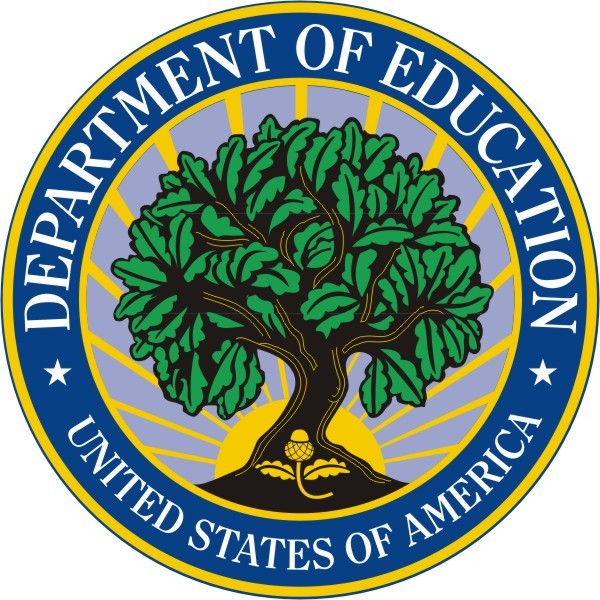For-profit colleges and universities will be subject to strict accrediting rules under new U.S. Department of Education regulations, but federal officials have delayed implementing controversial new “gainful employment” rules that would cut off aid to vocational programs with high student-debt levels and low loan repayment rates.
The final rules, issued Oct. 29, are scheduled to take effect in July 2011. Education Department officials say they plan to revisit the gainful employment rules early next year.
The Obama administration announced plans in July for a big expansion of state authority to oversee private, for-profit institutions of higher learning. Currently there is no statutory requirement for colleges and universities to be authorized by the states in which they operate. The Education Department’s regulations give the federal government more power to punish for-profits allegedly engaging in deceptive advertising and marketing.
Graduation Goals Jeopardized?
Neal McCluskey, associate director of the Cato Institute’s Center for Educational Freedom, says the new regulations are at odds with President Obama’s goal of having the highest proportion of college graduates in the world by 2020. “Higher education needs more freedom from regulation, not less,” he said.
“Federal accreditation requirements are already a huge barrier to entry for new colleges. Adding a requirement that schools receive legal authorizations to exist from the states in which they want to operate will only make this situation worse, especially for schools that would like to have branches in numerous states,” McCluskey explained.
Accreditation Stirs Controversy
Opponents of the new rules, led by the American Council on Education (ACE), say the federal government is meddling in an area already well governed by industry and independent accreditation groups.
“Our position is that no successful and diverse industry is improved by federalizing important aspects of it,” Terry Hartle, ACE’s senior vice president of government and public affairs, told the Associated Press.
Concern for Access
In addition to the rules giving states more oversight authority, the Obama administration had also circulated draft regulations addressing for-profit colleges’ “gainful employment” ratios. The Education Department agreed to delay those regulations until at least next year.
Opposed to merely delaying the regulations, Sen. Jim Risch (R-ID) has introduced legislation (S. 3837) to block them from ever taking effect.
“The ‘gainful employment’ rules could deny hundreds of thousands of students access to the training and skills development they need to secure a job in today’s troubled economy,” Risch said.
If the proposed regulations proceed as planned, federal aid to for-profit universities would be cut if a student’s loan repayment exceeds 8 percent of their salary. Risch says the regulations would act as de facto price controls and hamper job creation.
McCluskey says the rules would also hurt the poor.
“There is little question that if the proposed regulations shrink the availability of for-profit schooling, access to higher ed for lower-income people would be reduced,” he explained.
Worst Effect on Poor, Minorities
Economist Richard Vedder, director of the Center for College Affordability and Productivity at Ohio University, says while it’s difficult to predict what the final regulations will look like, it’s easy to predict their effect on low-income students.
“It seems highly likely the gainful employment rules will reduce enrollment of lower-income persons in college,” Vedder said at a panel on the proposed regulations at the Heritage Foundation in October. “The for-profit institutions cater to this group that is often neglected by traditional institutions.”
Curtis Austin, associate vice chancellor of business development at Keiser University, a for-profit school in Florida, says he’s sure the gainful employment regulation would depress graduation rates.
“Because the graduation rate at for-profit colleges is so much higher than at public two-year schools, even if all students displaced by this rule at a for-profit school found a place at a community college, fewer students would complete their degree programs,” Austin explained.
The impact would be largest in the low-income and minority communities, Austin predicts, because private-sector schools serve them more often and more effectively.
“Most public two-year schools have open-access programs. But outreach to low-income and minority students has been less than effective,” Austin said. “The most significant factor for encouraging the upward mobility of such students is the private sector.”
Lindsey Burke ([email protected]) is an education policy analyst at the Heritage Foundation in Washington, DC.




